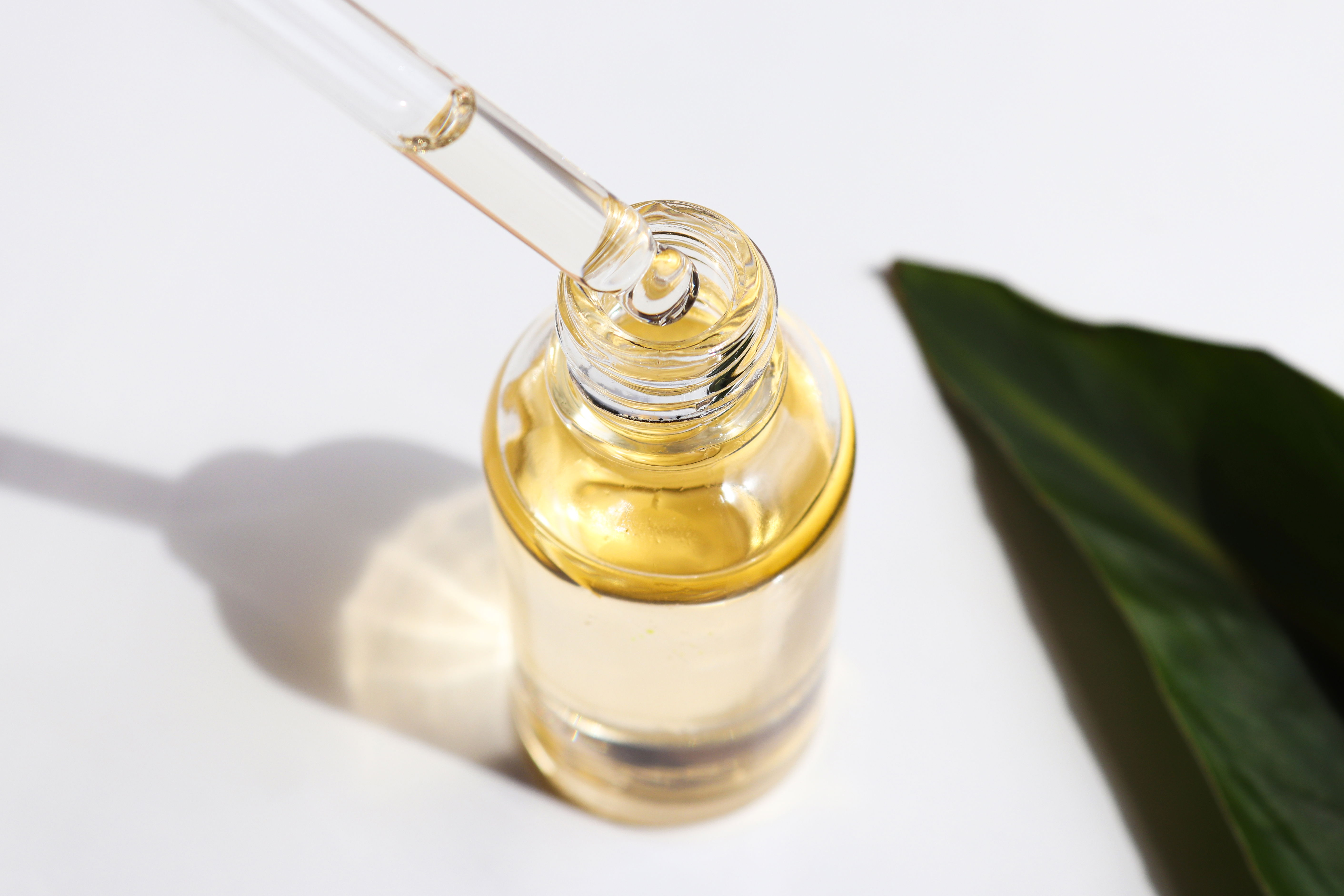Discover the Joy of Endorphins: Nature’s Perfect Pain Reliever and Mood Booster

Endorphins are one of the body’s most powerful natural chemicals, often referred to as the “feel-good” hormones. These neurotransmitters are produced by the body to help manage pain and stress and to enhance pleasure and well-being.
Let’s dive into the fascinating world of endorphins and explore how they influence our lives, when they are released, and how you can naturally boost their levels.
What Are Endorphins and When Are They Released?
Endorphins are released in response to:
- Stress and Pain: When you experience physical pain or emotional stress, your body produces endorphins to help you cope by reducing pain perception and enhancing mood.
- Exercise: Physical activity, especially aerobic exercises like running or swimming, leads to a surge in endorphins, often referred to as the “runner’s high.”
- Laughter: Genuine laughter can stimulate endorphin release, leading to feelings of happiness and relaxation.
How Long Do the Effects of Endorphins Last?
The effects of endorphins can vary depending on the individual and the context in which they are released. The “high” from endorphins typically lasts anywhere from 30 minutes to a few hours.
For example, the euphoric feeling after a good workout might linger for a couple of hours, while the pain relief effect might last longer, depending on the intensity of the stimulus.
Where Are Endorphins Released From?
Endorphins are primarily produced in the pituitary gland and the hypothalamus, areas of the brain involved in pain control, stress response, and emotional regulation.
Once released, they bind to opioid receptors in the brain, reducing the perception of pain and creating a feeling of well-being.

Effects of Endorphins on the Body
Endorphins have several important effects on the body, including:
- Pain Relief: They act as natural analgesics, reducing the perception of pain and discomfort.
- Mood Enhancement: By triggering positive feelings, endorphins help combat stress and anxiety.
- Stress Reduction: Endorphins can counteract the negative effects of stress, promoting relaxation and calm.
- Immune Function: They play a role in boosting the immune system, helping the body fend off illness.
Activities That Boost Endorphin Release
To naturally increase your endorphin levels, try incorporating these activities into your routine:
- Exercise: Engage in regular physical activities like running, cycling, dancing, or yoga to experience the endorphin boost.
- Laughter: Watch a funny movie, attend a comedy show, or spend time with friends who make you laugh.
- Spicy Foods: Eating spicy foods can trigger endorphin release due to the body’s response to capsaicin, the active component in chilli peppers.
- Music: Listening to your favourite music can elevate your mood and stimulate endorphin production.
- Acupuncture and Massage: These therapies can increase endorphin levels, providing relaxation and pain relief.
Achieving a Natural Endorphin High
Here are some tips to maximise your endorphin release and enjoy their benefits:
- Exercise Regularly: Find an activity you enjoy, and aim for at least 30 minutes of moderate exercise most days of the week.
- Practice Mindfulness and Meditation: These practices can help reduce stress and increase endorphin levels, enhancing overall well-being.
- Cultivate Positive Relationships: Spend time with loved ones and engage in activities that foster connection and joy.
- Explore New Hobbies: Trying new activities or challenges can stimulate endorphin release, providing a natural mood boost.
- Enjoy the Outdoors: Spending time in nature, whether hiking or simply walking in the park, can enhance your mood and endorphin production.

Elevate Your Mood Naturally: The Best Essential Oils to Boost Endorphins
Essential oils can be a wonderful way to support the release of endorphins, the body’s natural painkillers and mood enhancers. While essential oils don't directly trigger endorphin release, they can help create a relaxing, enjoyable atmosphere that promotes overall well-being, which is conducive to the natural release of endorphins.
Here are some essential oils known to support endorphin release:
1. Lavender
- Benefits: Lavender is well-known for its calming and relaxing properties. It helps reduce stress and anxiety, which can create the right environment for endorphin release, leading to a sense of well-being and comfort.
- Usage: Diffuse lavender oil before bed to promote relaxation, add a few drops to a warm bath, or apply topically after diluting with a carrier oil.
2. Eucalyptus
- Benefits: Eucalyptus oil is invigorating and can help relieve pain and tension in the body. Its refreshing aroma can boost your mood and support the body's natural ability to produce endorphins.
- Usage: Inhale eucalyptus oil during a steam shower, use it in a diffuser, or dilute and apply to sore muscles.
3. Peppermint
- Benefits: Peppermint oil has cooling and pain-relieving properties that can help soothe headaches and muscle aches. By alleviating physical discomfort, peppermint oil can indirectly support the release of endorphins.
- Usage: Apply diluted peppermint oil to the temples, neck, or areas of tension, or diffuse during the day to boost energy and alleviate pain.
4. Bergamot
- Benefits: Bergamot oil is uplifting and has been shown to reduce stress and anxiety while promoting a sense of happiness. This mood enhancement can lead to the natural release of endorphins.
- Usage: Diffuse bergamot oil in the morning to start your day with positivity, or add a few drops to your bath for a calming effect.
5. Jasmine
- Benefits: Jasmine is known for its uplifting and mood-boosting effects. It has been used traditionally to reduce symptoms of depression and anxiety, which can help trigger endorphin release.
- Usage: Diffuse jasmine oil in your living space, or mix it with a carrier oil for a relaxing massage.
6. Rose
- Benefits: Rose oil has a calming and soothing effect on the mind and body. It can help alleviate stress and promote feelings of joy and contentment, which may support the release of endorphins.
- Usage: Add a few drops of rose oil to a diffuser, or mix it with a carrier oil and apply to your pulse points.
7. Ylang Ylang
- Benefits: Ylang ylang is known for its ability to reduce stress and promote relaxation. Its sweet, floral scent can help improve mood and may encourage the release of endorphins.
- Usage: Diffuse ylang ylang in your home, or add it to a warm bath for a soothing experience.
How to Use Essential Oils for Endorphin Support
- Diffusion: Add a few drops of your chosen essential oil to a diffuser to create a calming and uplifting atmosphere.
- Topical Application: Dilute essential oils with a carrier oil (such as coconut or jojoba oil) before applying them to the skin, focusing on pulse points, the back of the neck, or sore muscles.
- Inhalation: Inhale directly from the bottle or place a few drops on a tissue or cotton ball and breathe deeply.
- Massage: Combine essential oils with a carrier oil for a relaxing massage that can help ease tension and promote the release of endorphins.
- Bath: Add a few drops of essential oil to a warm bath to relax both your body and mind, creating an ideal environment for endorphin release.
By incorporating these essential oils into your daily routine, you can create a supportive environment for dopamine production, helping you maintain a positive mood and mental clarity.
Conclusion
Endorphins are nature’s perfect solution to pain and stress, offering a natural high that boosts mood and well-being. By understanding how they work and incorporating activities that promote their release, you can harness the power of endorphins to enhance your quality of life.
Remember, the best way to benefit from endorphins is through a balanced lifestyle that includes regular physical activity, laughter, and positive social interactions.
Download the full article (and Endorphin hacks) below